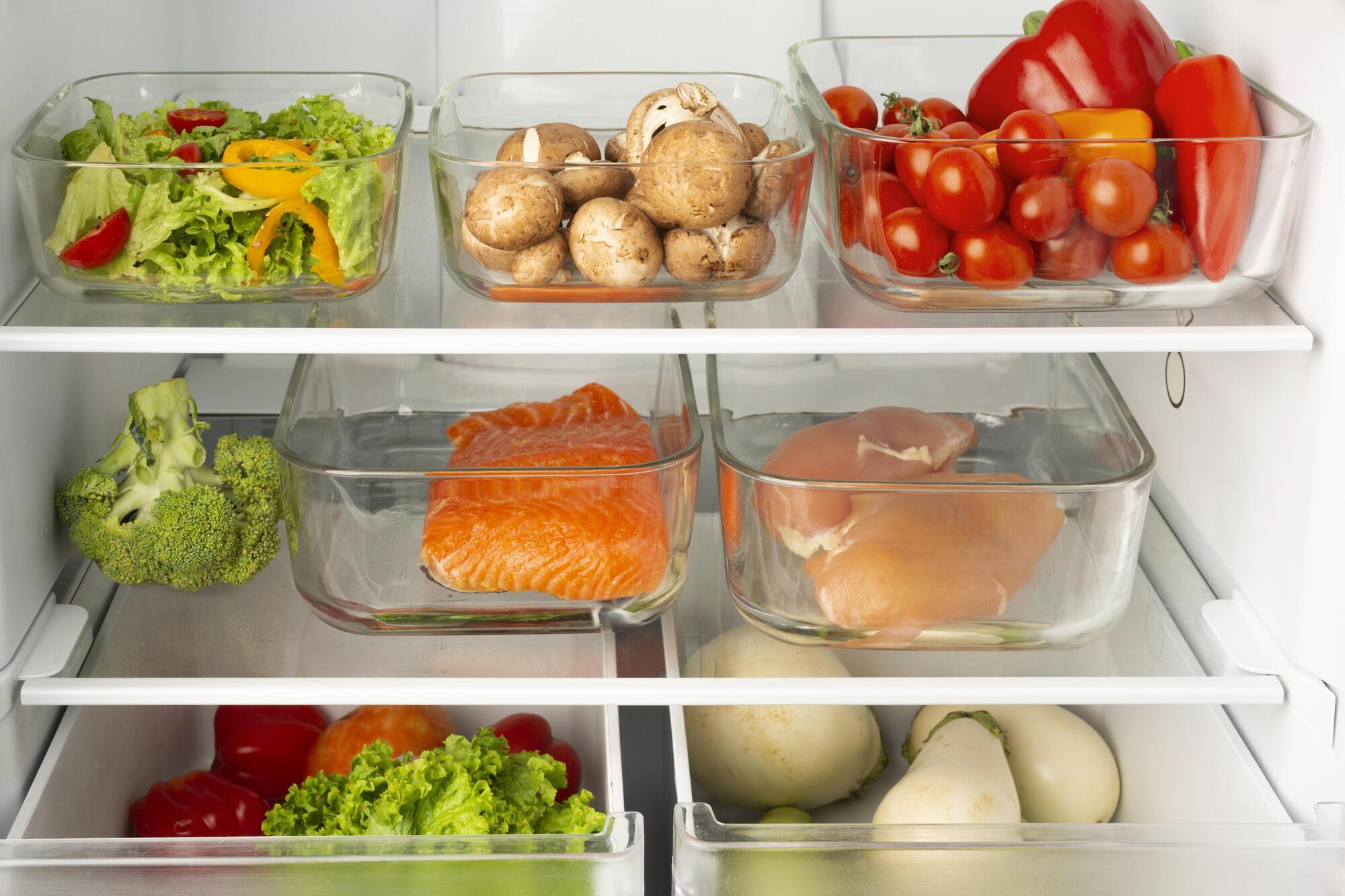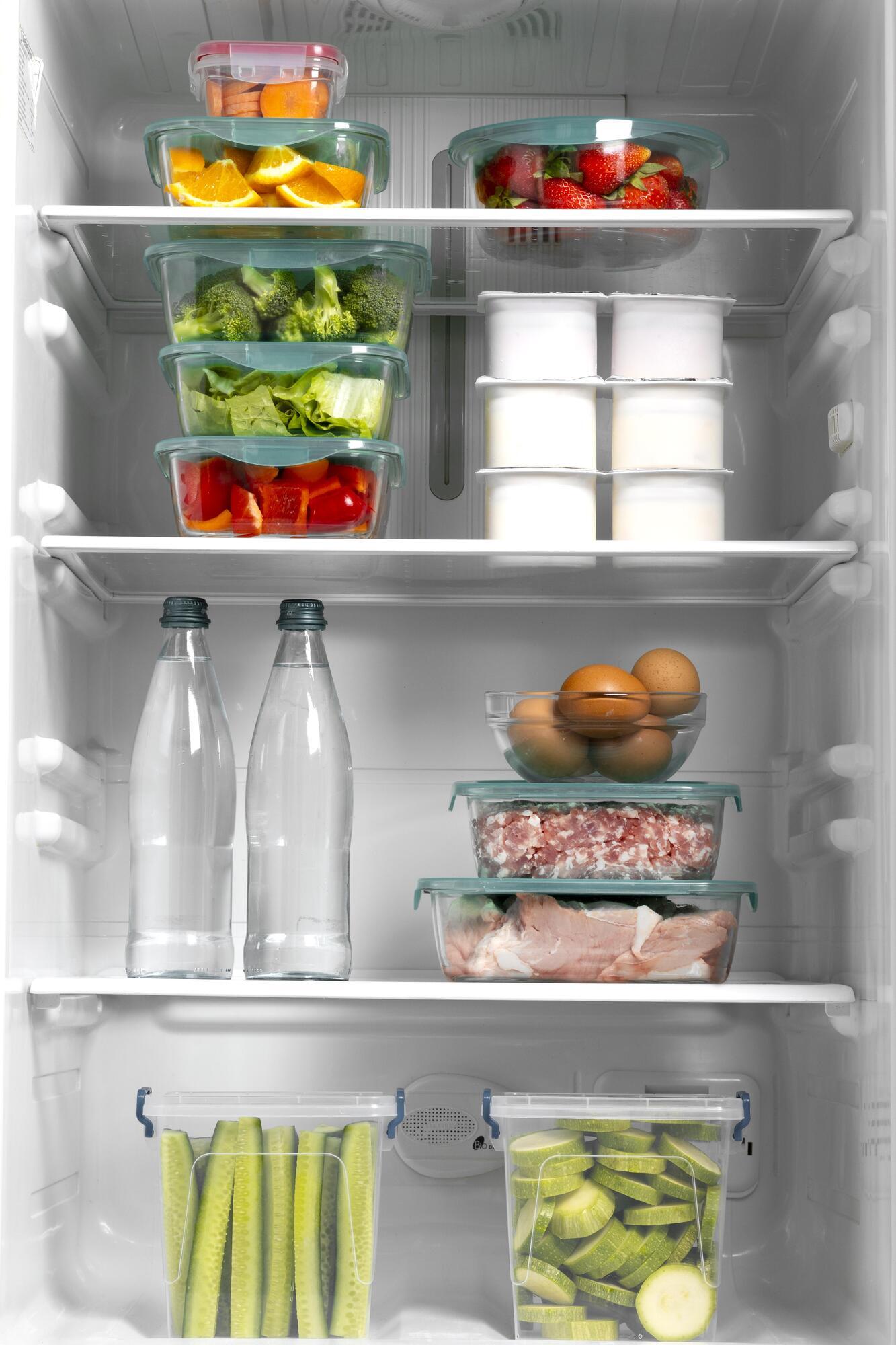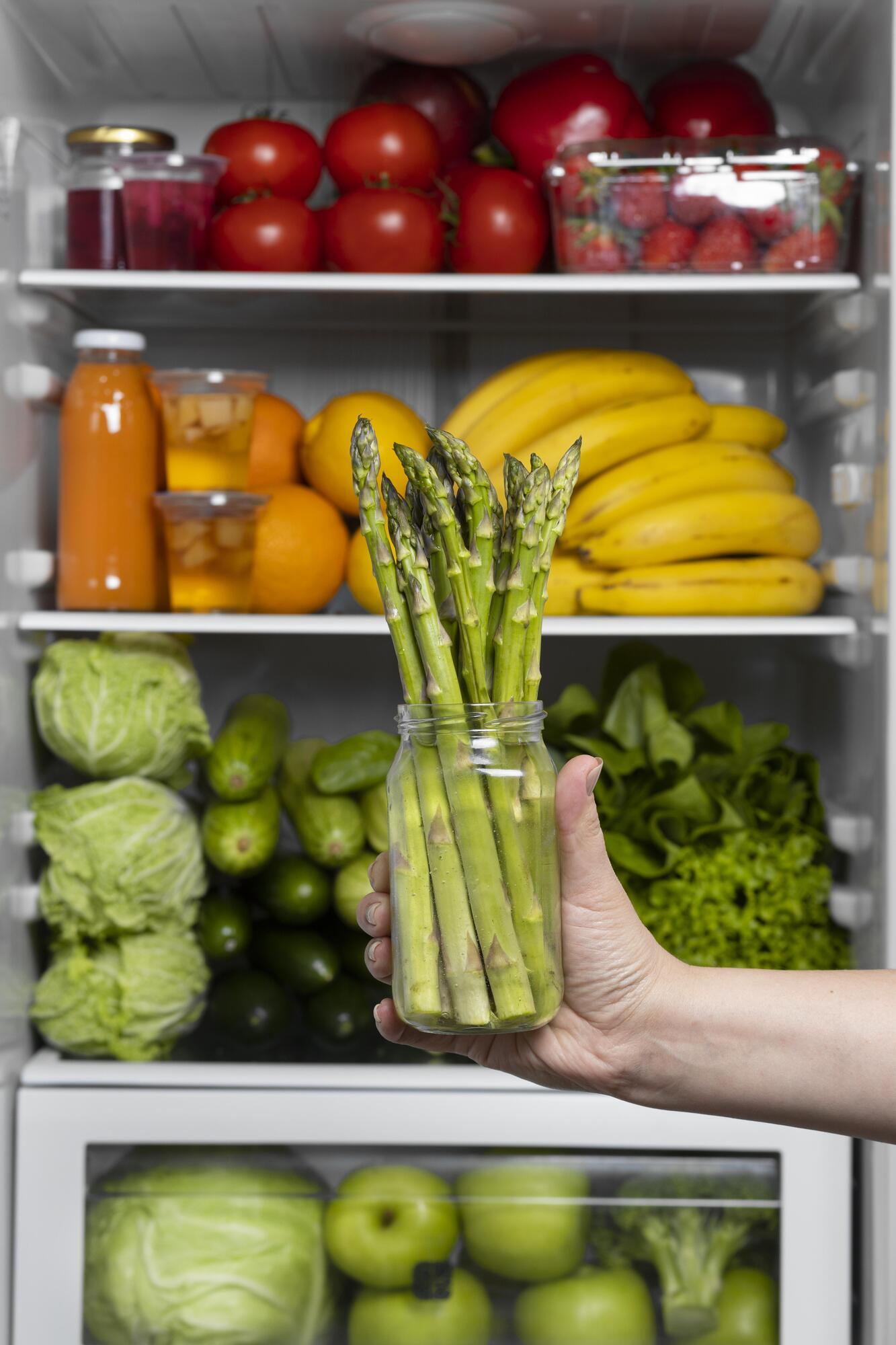LS Food
Which fruits should not be refrigerated can cause food spoilage
Most people try to shop for groceries once a week so that they don't have to spend time going to the store every day. Anyone who follows this practice should know how to properly store food in the refrigerator to prevent spoilage and, as a result, unnecessary expenses.
As it turned out, some fruits should not be put in the refrigerator, as they can cause spoilage of other food in it. FoodOboz figured out which products are best kept separately.
The fact is that some fruits emit a specific gas called ethylene, which can accelerate the spoilage of other foods. One such fruit is the banana. But apples, pears, grapes, passion fruit, avocados, and kiwis also emit the same substance.
Broccoli, cauliflower, cucumbers, cucumbers, lettuce, and asparagus can suffer the most from the proximity of these fruits. After just a few days of such proximity, the vegetables will begin to wilt. To avoid rapid fruit spoilage, it is better to keep "dangerous" foods separate from the rest.
For example, apples should not be put in the refrigerator at all, and others should not be kept in the compartment with food that can spoil. The safest place to keep ethylene-emitting fruits is on the top shelf of the refrigerator. This way, the likelihood of gas getting into other fruits is minimized.






























